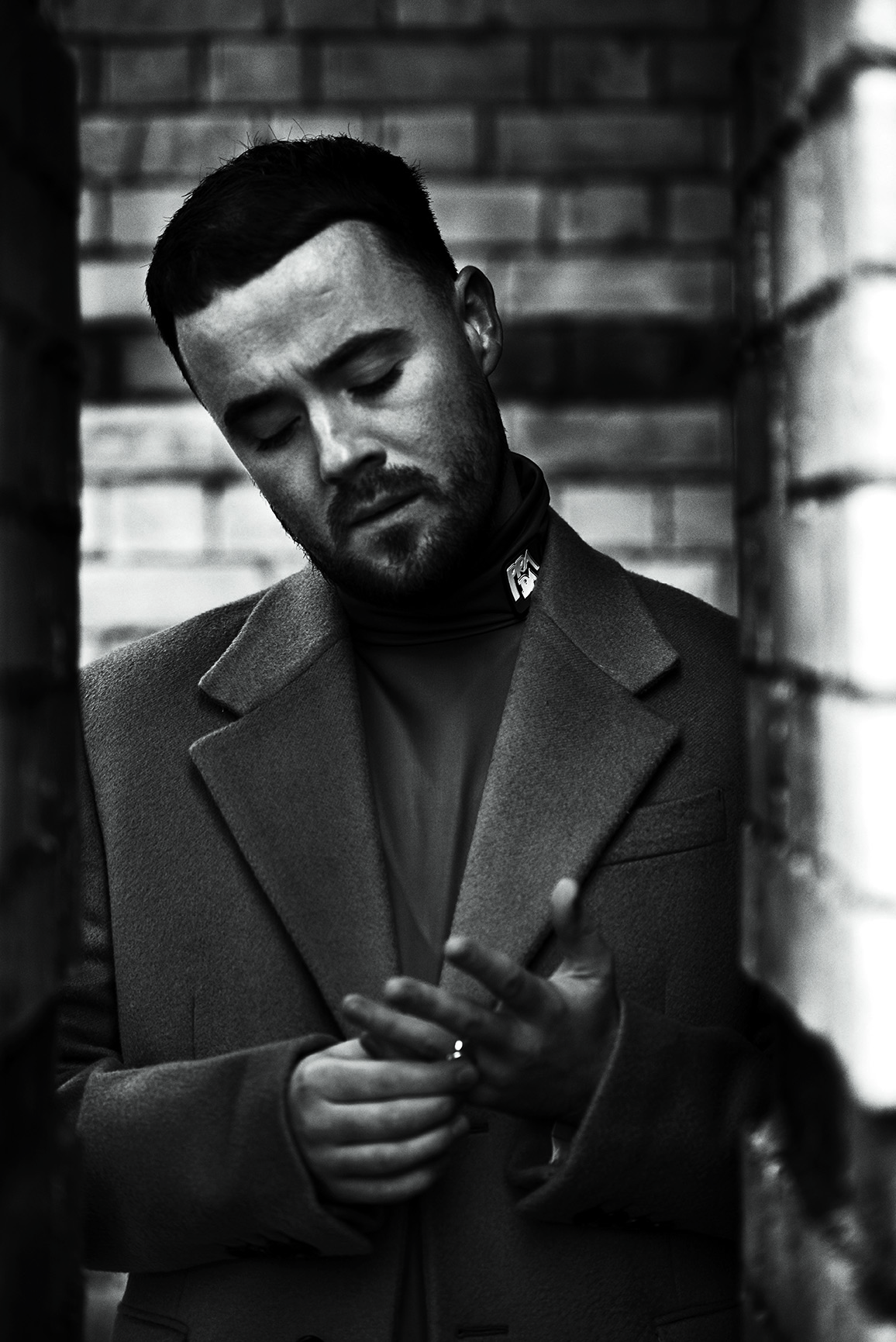The New Sound: Maverick Sabre Nominated by Jorja Smith
With politically minded lyrics, the Irish MC is leading a new musical charge.
As the Discovery Issue, V117 features our cast of the latest and greatest ahead, as nominated by the cultural forces of now. This feature appears in the pages of V117, our Spring Preview 2019 issue, on newsstands today!
Those unfamiliar with Maverick Sabre, born Michael Stafford in Ireland in 1990, might take his medieval-sounding pseudonym (a riff on his initials) to be that of a Viking or a Game of Thrones character. But the moniker is in fact a relic ofMyspace. “I was 14, thinking of a name to start up my music page,” he recalls. “I thought it sounded hardened, [like someone] who’d been through some hard times.” As he matured, Sabre’s focus shifted from online posturing to earning respect IRL: “From about 15 to 17, I was an MC on the Irish hip-hopscene—that’s where I learned my craft.”
While, to American ears, a street- smart, young Caucasian rapper like Sabre may inevitably conjure images of Eminem as Rabbit in 8 Mile, Sabre resists such comparisons, instead emphasizing a distinct tradition of Irish rap, separate from American analogues. “The Irish hip-hop scene for me follows on the tradition of language, poetry, and storytelling,” he says.
Growing up in middle-class New Ross, County Wexford, Sabre didn’t limit his cultural horizons, absorbing Americanblues—a genre he saw as a distant cousin to the mournful Irish folk passed down by his pub-owner father. “A lot of traditional Irish music is about pain and struggle and the loss of love, the loss of life. The struggle of oppression under an empire, and colonialism,” says Sabre.
Even so, says Sabre, who moved to London at 17, the region’s pop charts have been slow to embrace hip-hop. “For years, in the U.K., no one wanted to hear English accents on U.K. hip-hop. They wanted to hear American hip-hop because that’s what they were used to.
Sometimes it is difficult to break down that barrier,” he says. “Irish hip-hop is kind of on the brink of that now, but when I was starting, it was in its very early stages.”
Such arbitrary binaries are hardly unique, as exhibited by the East Coast vs. West Coast rivalries of olden-day U.S. rap. But Sabre hopes to usher in a message of inclusivity by addressing the notoriously insular country’s social ills head-on. “Suicide in Ireland amongst young men and women has been such a prevalent thing for all of us growing up,” he says. “[At the same time] I feel like so many struggles are universal.”
Like nominator Jorja Smith, Sabre‘s political messaging is deceptively fierce, dipped in honey so as to go down easy. But with Brexit on the horizon, Sabre is ready to turn up the volume: “It’s going to be a year of extremes [so] what I want to do is get my message across.”
